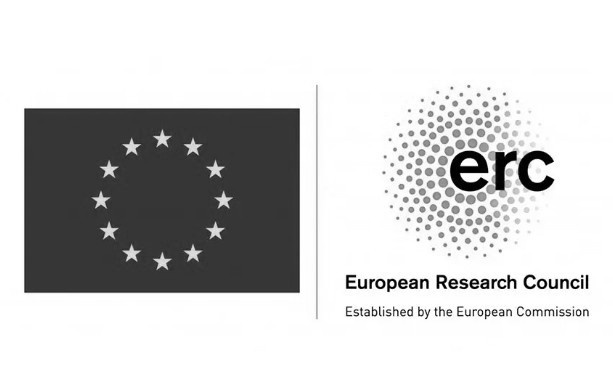INTRODUCTION
INTRODUCTION
Music streaming services are becoming the most significant way for people to listen to music, representing globally around 304.9 million subscribers in 2019. Latin-music took a 9.4% share of 2018 market scene and is among the five top music genres: in 2019, half of Spotify annual 20-song list were Spanish-language songs.
The success of streaming services is mainly based on the tailor-made playlist they offer to users based on their listening habits and 54% of consumers say playlists are replacing albums in their listening habits. To build those lists and fit them to the user’s preferences, music streaming providers have developed software tools and techniques, called Recommender Systems, which apply big data and machine learning to the large amounts of data collected from their users to provide personalized suggestions.
Current Recommendation Systems do not take into account the semantic information of song lyrics, which contain a very interesting set of unstructured data and additional qualitative information that is not gathered by metadata. In a song we distinguish between the music and the lyrics; the lyrics are formed by text, usually in the form of poetry.
The retrieval of this knowledge by applying Natural Language Processing technologies is a great source of information that can be used to enhance recommendation systems by opening unexplored possibilities for the music market, such as automatic lyrics screening to detect non-compliant topics for specific age groups, or racial and gender groups. By combining some of the most advanced technologies, we have created an application that analyzes song lyrics and significantly improves playlist recommendations and user options.

LyrAIcs, the first AI-based music recommender that allows searching for songs in Spanish has been launched. This ERC project, funded by the European Commission under its Horizon 2020 program and developed at IE University, is a game changer for the music streaming industry as it significantly improves playlist recommendations and user options.
Until now, music recommendation systems had been based on musical genres or user preferences, and did not take into account the content of the lyrics.
LyrAIcs represents an advance because it detects semantic similarities between songs to offer much more precise recommendations.
It also provides an API for third parties to exploit its algorithms and language models, as well as a sandbox for users to explore this technology by mixing songs from different eras, genres, and periods.
The project has been led by Elena González-Blanco, Co-founder and CEO of Clidrive and Clibrain and Associate Professor at IE, and Salvador Ros, Director of the Digital Humanities Innovation Laboratory at UNED. They have led a research team made up of national and international specialists in Natural Language Processing, Artificial Intelligence, and Poetry.
The team trained a system of algorithms for over 200 hours, creating six language models specifically designed to understand and analyze song lyrics in Spanish.
Our engine targets a market of +1,5Bn songs/year, as it is mainly focused on the Spanish content of the streaming world. No other tool or platform offers content and language analysis for Spanish (whereas in English there are already beta solutions available), and it is the highest growing market (16%) with the Latino music and the number of consumers listening to that music increasing exponentially.
NEWS
NEWS
RESEARCH TEAM
RESEARCH TEAM
In partnership with
In partnership with
This project has received funding from the European Research Council (ERC) under the European Union’s
Horizon 2020 research and innovation programme (grant agreement No 964009).



